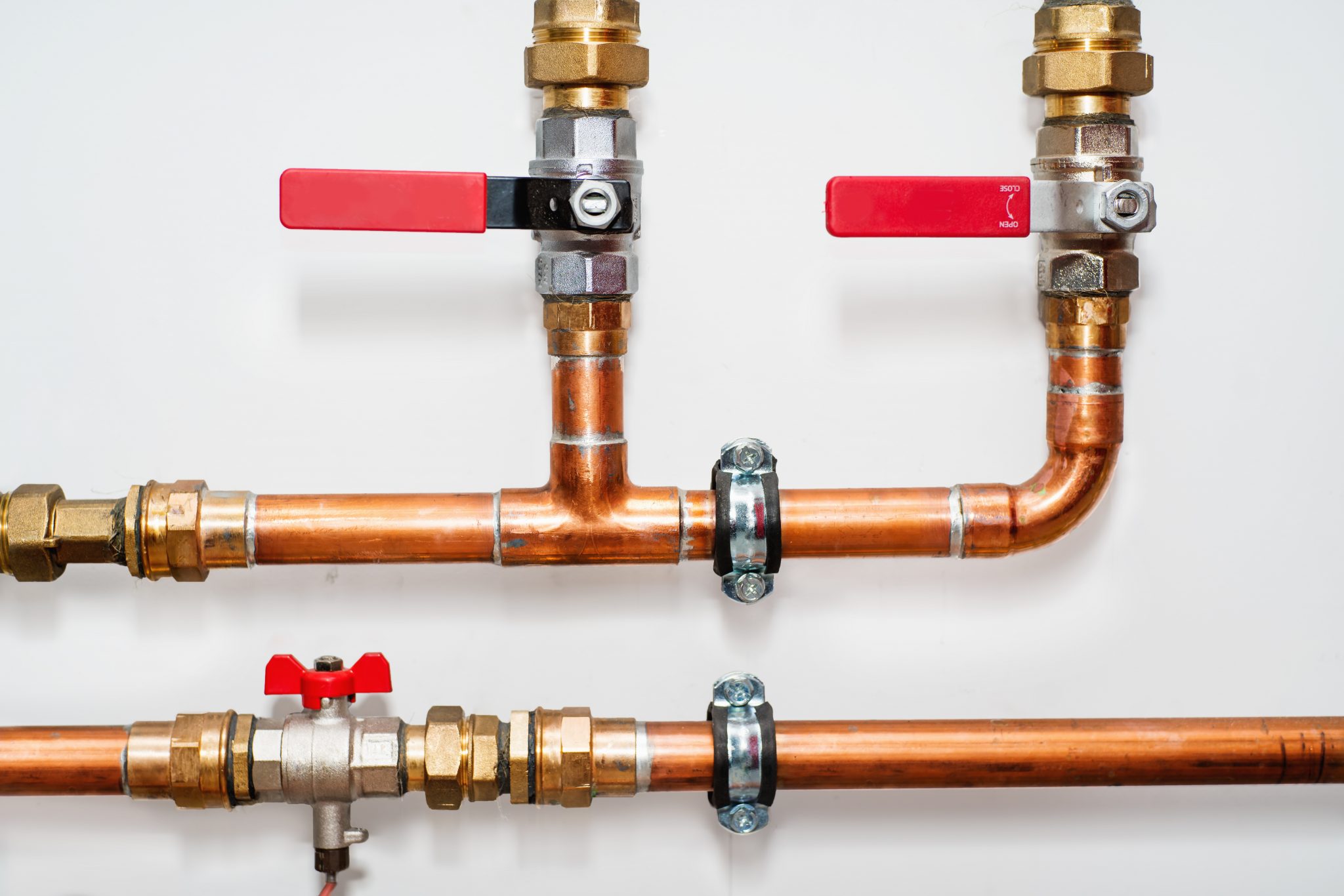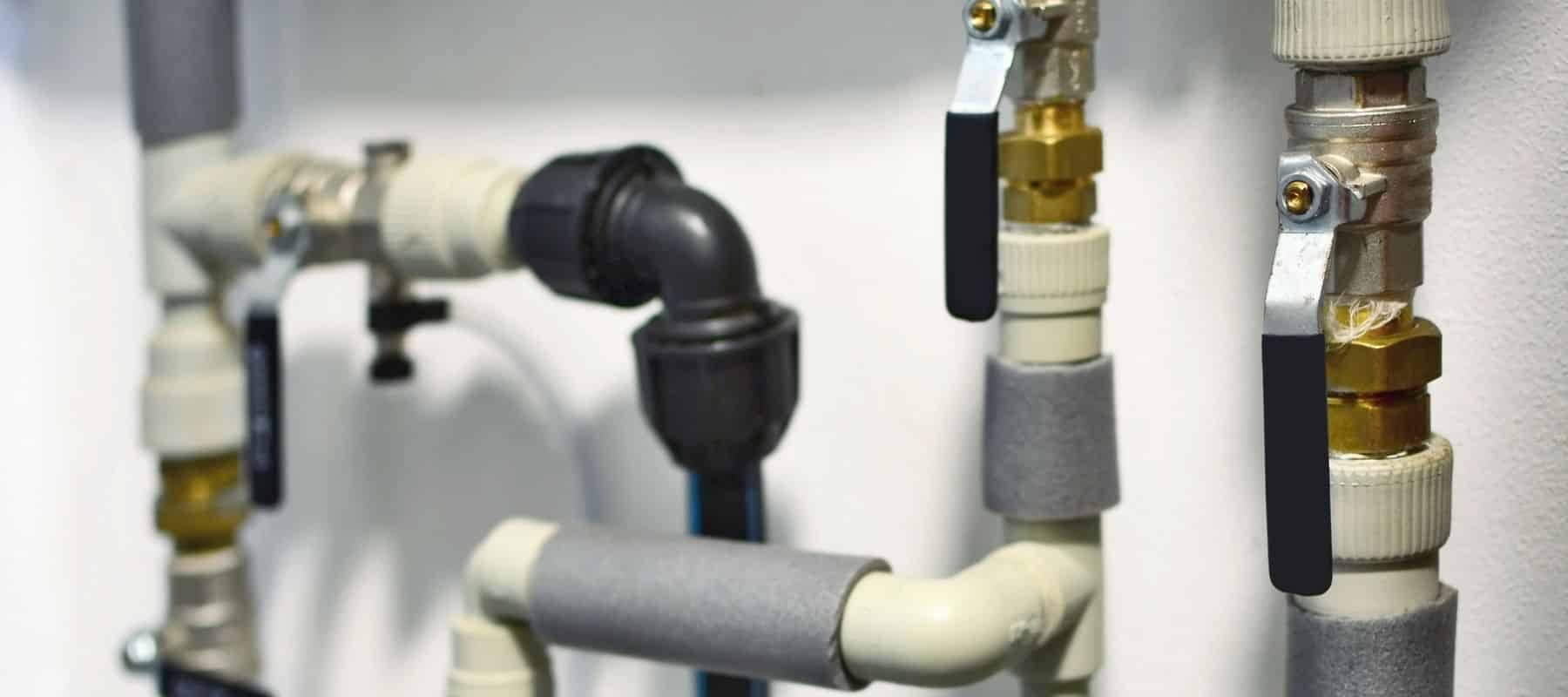Why Spending in Repiping Solutions Is Crucial for Your Home's Plumbing Health
Repiping services play an essential duty in preserving a home's plumbing health and wellness. Over time, pipes can corrode, leak, or come to be clogged up, resulting in prospective hazards and ineffectiveness. Property owners usually overlook the signs of wearing away pipes, which can result in considerable damage. Comprehending the need for repiping is vital. What aspects should home owners consider prior to making this investment? The solutions may shock you.
Recognizing the Value of Repiping
While lots of house owners might overlook the significance of repiping, it plays an important duty in preserving the total health and wellness of a plumbing system. Gradually, pipes can wear away, establish leaks, or become clogged with mineral deposits, leading to reduced water high quality and flow stress. Repiping addresses these issues by changing old, damaged pipelines with brand-new, long lasting materials, making certain a reputable water and decreasing the threat of expensive repairs connected with leakages and water damages. Furthermore, modern piping materials are commonly extra eco friendly and reliable, adding to lower energy costs and enhanced water preservation. Carrying out a repiping project can improve a home's resale worth, making it a prudent financial investment for property owners. Inevitably, acknowledging the importance of repiping permits property owners to take aggressive procedures in protecting their plumbing systems and guaranteeing a risk-free, practical living setting for their households.
Common Indications That Indicate the Need for Repiping
House owners need to be alert for certain signs that suggest the demand for repiping, as neglecting these concerns can cause much more extreme pipes issues. One usual indication is the visibility of regular leakages, which can suggest aging or deteriorating pipes. Additionally, a visible decrease in water stress might suggest obstructions or corrosion within the pipes system. House owners could likewise notice tarnished or corroded water, signaling pipeline deterioration. Unusual water expenses that are noticeably greater than common can additionally hint at leakages concealed within the walls. Moreover, the growth of mold and mildew or mold in areas near plumbing fixtures can recommend dampness problems coming from harmed pipelines. If the home has old galvanized piping, it may be time to assume concerning repiping, as this material is susceptible to corrosion and deterioration. Identifying these indicators early can help maintain a healthy plumbing system.
The Risks of Neglecting Pipes Issues
Overlooking plumbing problems can bring about considerable water damage, which might compromise the architectural integrity of a home. Furthermore, unsettled leaks can produce an atmosphere conducive to mold growth, posing severe carcinogen to owners. Dealing with pipes problems quickly is essential to safeguard both home and health.
Water Damages Issues
When pipes problems go unaddressed, the threat of water damages intensifies significantly. Leakages, trickles, and splits in pipelines can result in significant water intrusion, compromising the architectural honesty of a home. In time, also small leaks can create rot, mold and mildew development, and damage to walls and flooring, resulting in pricey fixings. Water damages can likewise impact electric systems, producing harmful conditions. Property owners usually ignore the advancing impact of little leaks, which can result in prevalent damage otherwise quickly resolved. Neglecting pipes problems not just increases the probability of prompt damages yet can also reduce residential property worth and pose long-term financial burdens. As an outcome, prompt repiping services are important to prevent water damage and keep a healthy and balanced home setting.
Health Hazards Increase
Unsolved plumbing problems can result in considerable wellness hazards within a home. Infected water from corroded pipelines can introduce dangerous germs and lead to severe illnesses. Mold growth, usually an outcome of leakages and excess dampness, presents respiratory system risks and can set off allergies. Furthermore, stationary water can draw in parasites such as rats and pests, which carry conditions that additionally endanger family wellness. Overlooking these pipes troubles not only endangers the security of residents but can additionally decrease residential property value. Resolving pipes issues with repiping solutions is vital. Prompt intervention not just safeguards wellness but also assures a risk-free living atmosphere, protecting against extra extensive damage and costly repairs down the line.
Various Kinds of Piping Products
Piping materials are a necessary element in plumbing systems, influencing resilience, efficiency, and general efficiency. Various choices are available, each with one-of-a-kind buildings and applications. Copper piping is known for its longevity and resistance to corrosion, making it a popular choice for both cold and warm water lines. PVC (polyvinyl chloride) is light-weight, affordable, and resistant to chemical damages, mostly used for drainpipe and vent systems. PEX (cross-linked polyethylene) has actually acquired popularity as a result of its versatility and simplicity of setup, permitting for less joints and potential leak factors. Galvanized steel, though when common, is less favorable today as a result of its sensitivity to rust and minimized water circulation over time. Each material provides distinctive benefits and downsides, making it essential for homeowners to seek advice from with pipes experts to establish one of the most suitable option for their particular needs and problems. Picking the appropriate piping material can considerably impact the performance and safety and security of a plumbing system.
The Repiping Refine: What to Anticipate
The repiping procedure begins with an extensive evaluation of the existing pipes to identify issues and figure out the most effective program of activity. Following this evaluation, property owners will need to choose appropriate substitute products that match their plumbing needs. A summary of the setup process will give insights into what to anticipate throughout this substantial home enhancement.
Assessment of Existing Pipes
A precise assessment of existing pipes is necessary for ensuring the long-term health and wellness of a plumbing system. This examination involves inspecting the materials, age, and condition of the pipelines, along with identifying any type of indicators of deterioration, leaks, or blockages - Repipe Pros. Specialist plumbing professionals typically make use of innovative methods such as video clip assessments to gain a clear view of the pipeline's inside without intrusive procedures. By determining issue locations early, house owners can protect against further damage and costly fixings in the future. Additionally, recognizing the present state of the pipes framework help in making informed choices pertaining to necessary upgrades or repiping. On the whole, a thorough analysis acts as the structure for an effective repiping process, guaranteeing that the brand-new system satisfies the home's certain requirements
Selecting Substitute Products
After evaluating the existing pipelines, homeowners estes plumbing face the vital choice of selecting appropriate substitute products for their plumbing system. Common options consist of copper, PVC, PEX, and CPVC, each with distinct benefits and downsides. Copper is recognized for its durability and resistance to deterioration, making it a resilient option. PVC is affordable and lightweight, ideal for drainpipe and vent lines. PEX uses adaptability and is immune to range and chlorine, making installation simpler in tight areas. CPVC resembles PVC but can hold up against higher temperatures. Home owners should take into consideration variables such as budget, regional building codes, and the details needs of their pipes system when making this choice, making sure ideal performance and longevity for their home's plumbing framework.
Installment Process Summary
Repiping a home can be a considerable undertaking, however comprehending the installation procedure aids home owners plan for what lies ahead. The process normally begins with a comprehensive evaluation of the existing pipes system to recognize issue locations. Next off, a comprehensive plan is developed, describing the needed materials and timelines. On the setup day, experts will usually start by shutting off the water supply and draining the existing pipelines. They after that remove the old piping, which might involve opening wall surfaces or ceilings for access. Brand-new pipes are set up, guaranteeing they meet current pipes codes. The system is examined for leaks, and any openings are fixed. House owners can expect a tidy and efficient process, reducing interruption to their day-to-days live.
Long-Term Perks of Repiping Your Home
While numerous house owners may forget the relevance of upgrading their pipes, the long-term advantages of repiping a home can considerably boost both its value and functionality. Among the primary advantages is boosted water top quality. Older pipelines may harbor impurities and corrosion, while new piping guarantees risk-free and tidy water shipment. Additionally, repiping can result in raised water pressure, making daily jobs a lot more reliable.

How to Choose the Right Pipes Solution for Repiping
Just how can property owners ensure they pick the very best pipes service for repiping? They should investigate neighborhood plumbing business, concentrating on those that specialize in repiping solutions. Houston Repiping Experts. Reviewing on-line reviews and endorsements can provide understandings right into the top quality of solution used. It's important to check for proper licensing and insurance, making certain the selected business adhere to regional policies
Home owners need to also ask for detailed quotes from several companies to contrast prices and solutions offered. Involving straight with possible plumbers can aid analyze their know-how, interaction abilities, and desire to address questions. Furthermore, requesting recommendations from previous customers can validate a company's integrity and handiwork.
Homeowners ought to think about the business's guarantee plans on materials and labor, as this can mirror their dedication to high quality. By complying with these standards, homeowners can make an enlightened choice, securing their plumbing health and wellness through efficient repiping services.
Regularly Asked Questions
How Long Does a Normal Repiping Project Require To Total?
A typical repiping project generally takes in between one to 5 days to complete, depending on the see post dimension of the home and complexity of the plumbing system. Proper preparation and contractor experience can affect total duration considerably.
Will Repiping Increase My Home's Resale Value?
Repiping typically improves a home's resale worth, as potential purchasers value upgraded pipes systems. This improvement lowers prospective pipes concerns, making the residential property a lot more attractive and potentially warranting a higher asking rate throughout sale negotiations.
Can I Remain in My Home Throughout Repiping?
During repiping, staying in the home is frequently possible, but it may depend on the degree of the job. Property owners need to prepare for momentary disturbances and seek advice from contractors for particular plans and safety and security factors to consider.
What Is the Ordinary Cost of Repiping a Home?
The typical cost of repiping a home generally varies from $4,000 to $15,000, relying on factors such as the size of your house, products used, and labor expenses connected with the plumbing work. - Repiping
Do I Need a Permit for Repiping Services?
A license is normally required for repiping services, as it assures conformity with neighborhood structure codes and policies. Home owners should consult their regional authority or a licensed plumbing professional to determine details permitting demands for their location.
